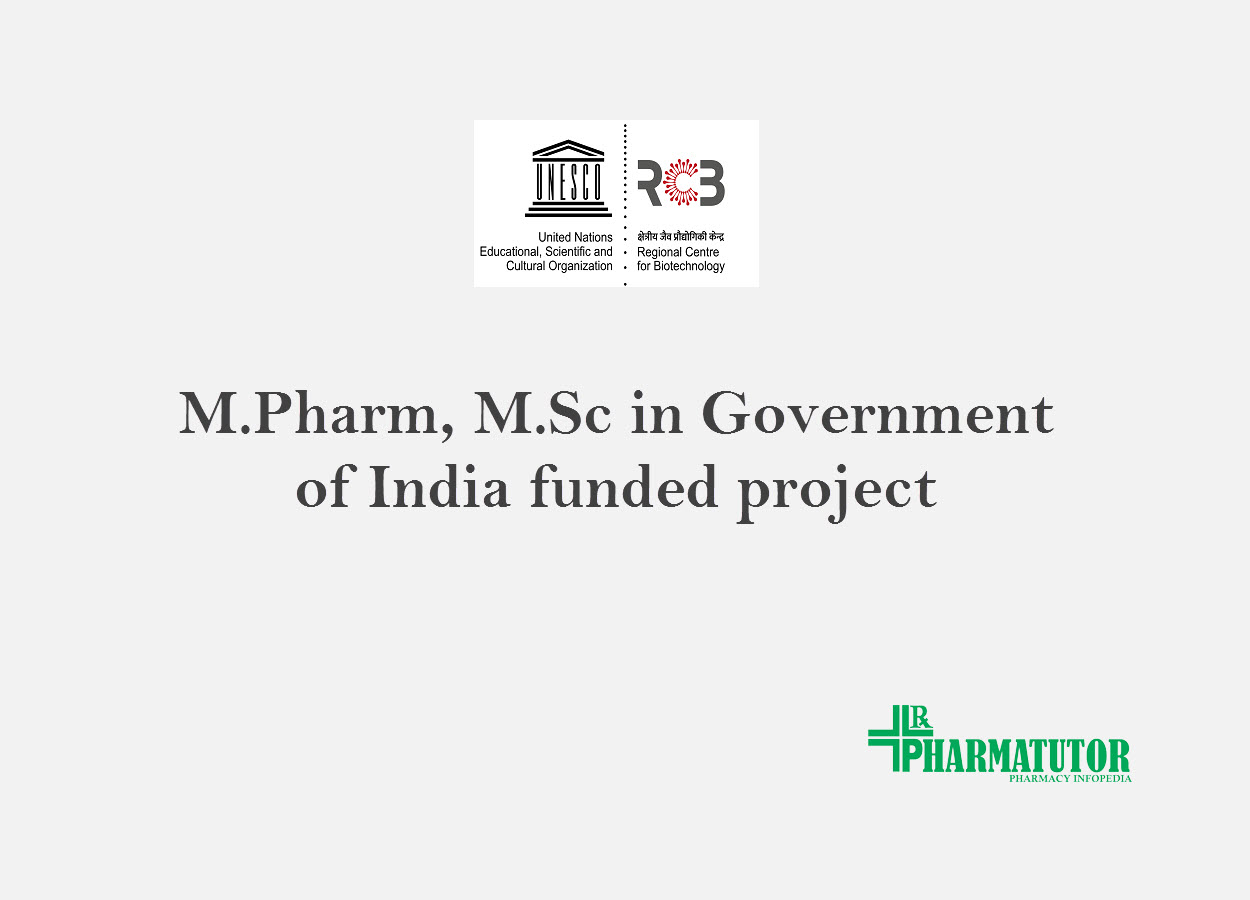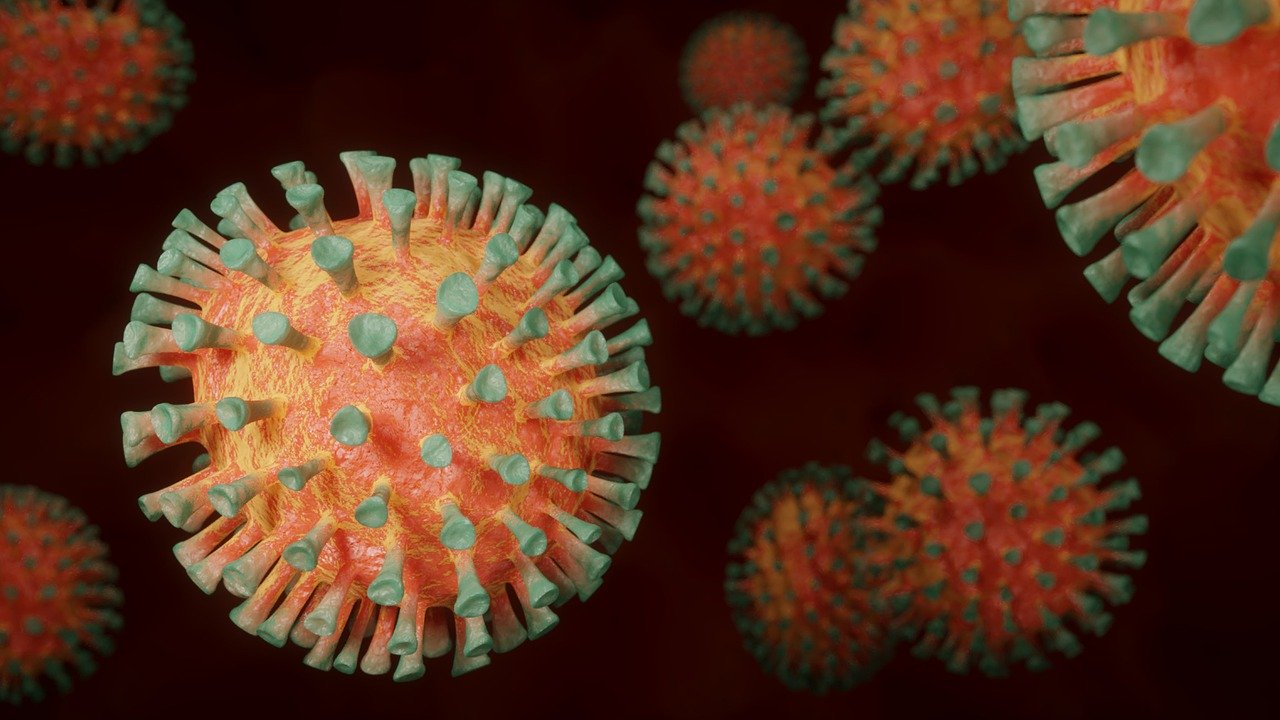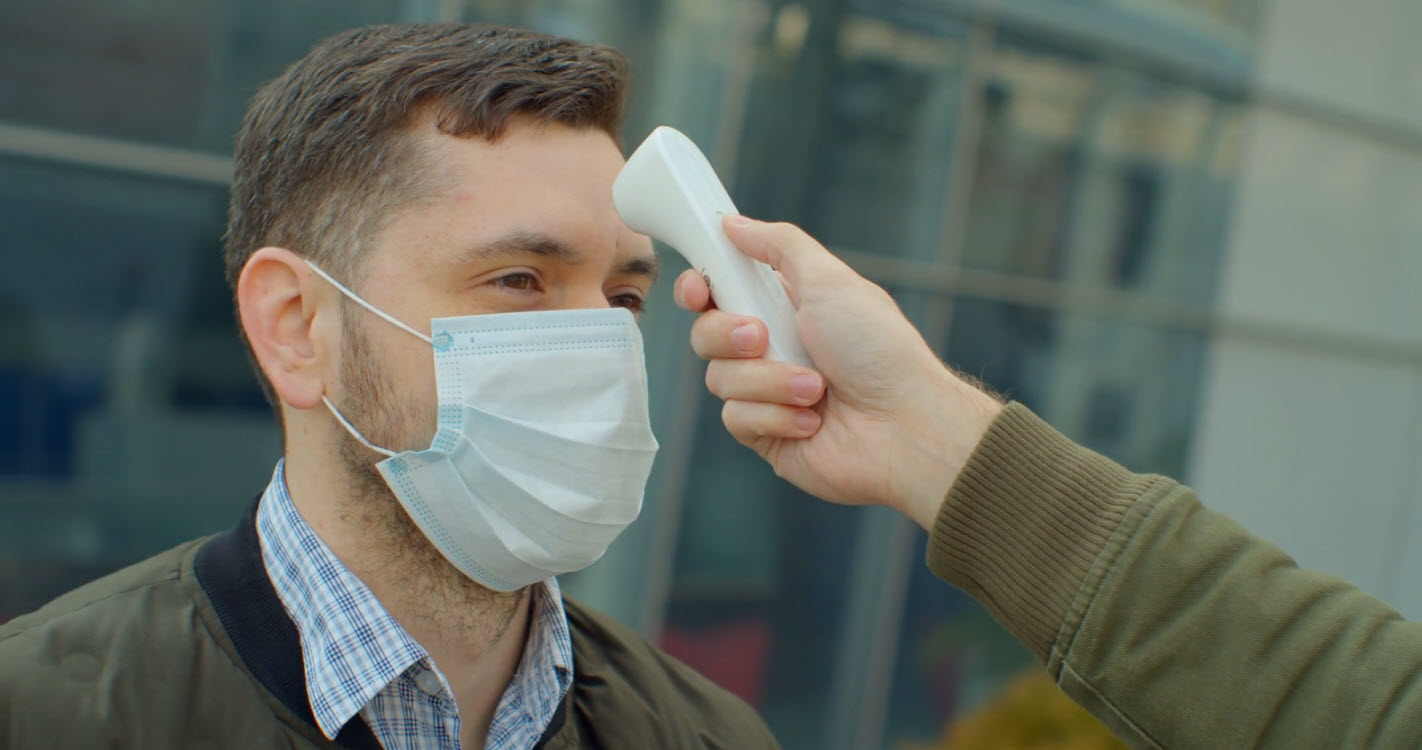Job Openings for M.Pharm, M.Sc in Government of India funded project | 08 vacancies


WHO accepted the recommendation from the Solidarity Trial’s International Steering Committee to discontinue the trial’s hydroxychloroquine and lopinavir/ritonavir arms. The Solidarity Trial was established by WHO to find an effective COVID-19 treatment for hospitalized patients.
The International Steering Committee formulated the recommendation in light of the evidence for hydroxychloroquine vs standard-of-care and for lopinavir/ritonavir vs standard-of-care from the Solidarity trial interim results, and from a review of the evidence from all trials presented at the 1-2 July WHO Summit on COVID-19 research and innovation.
These interim trial results show that hydroxychloroquine and lopinavir/ritonavir produce little or no reduction in the mortality of hospitalized COVID-19 patients when compared to standard of care. Solidarity trial investigators will interrupt the trials with immediate effect.
For each of the drugs, the interim results do not provide solid evidence of increased mortality. There were, however, some associated safety signals in the clinical laboratory findings of the add-on Discovery trial, a participant in the Solidarity trial. These will also be reported in the peer-reviewed publication.
This decision applies only to the conduct of the Solidarity trial in hospitalized patients and does not affect the possible evaluation in other studies of hydroxychloroquine or lopinavir/ritonavir in non-hospitalized patients or as pre- or post-exposure prophylaxis for COVID-19. The interim Solidarity results are now being readied for peer-reviewed publication.

Warning that thermal cameras and other such “temperature screening” products, some of which make direct claims to screen for COVID-19, are not a reliable way to detect if people have the virus.
The Agency is telling manufacturers and suppliers of thermal cameras that they should not make claims which directly relate to COVID-19 diagnosis, and is reminding businesses to follow Government advice on safe working during COVID-19.
Graeme Tunbridge, MHRA Director of Devices, said:
1. Many thermal cameras and temperature screening products were originally designed for non-medical purposes, such as for building or site security. Businesses and organisations need to know that using these products for temperature screening could put people’s health at risk.
2. These products should only be used in line with the manufacturer’s original intended use, and not to screen people for COVID-19 symptoms. They do not perform to the level required to accurately support a medical diagnosis.
3. We are reminding anyone selling these products not to make claims which directly relate to COVID-19 diagnosis. If they fail to comply, we will take formal enforcement action.
Products which the manufacturer claims are intended for screening for COVID-19, or fever-like symptoms, would be regarded as medical devices and regulated by the MHRA.
There is little scientific evidence to support temperature screening as a reliable method for detection of COVID-19 or other febrile illness, especially if used as the main method of testing.
Temperature readings from temperature screening systems will measure skin temperature rather than core body temperature. In either case, natural fluctuations in temperature can occur among healthy individuals. These readings are therefore an unreliable measure for detection of COVID-19 or other diseases which may cause fever. Furthermore, infected people who do not develop a fever or who do not show any symptoms would not be detected by a temperature reading and could be more likely to unknowingly spread the virus.